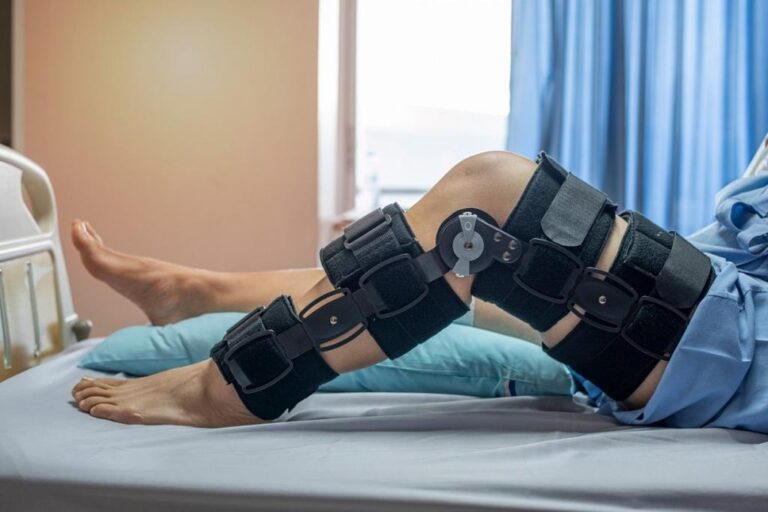Nearly three-quarters of people will experience shoulder pain at some point during their lifetimes, often due to either traumatic accidents or repetitive use of the joint. While it may be tempting to ignore your pain to see if it goes away on its own, delaying care can lead to more serious problems, including permanent disability of nerve damage.
With offices in Dallas, Plano, Keller, Weatherford, and Fort Worth, Texas, Texas Orthopaedic Associates makes it easy to get the personalized, state-of-the-art care you need to relieve both acute and chronic shoulder pain. If you have pain in one or both shoulders, here’s how to tell when it’s time to give us a call.
Why shoulder pain happens
The shoulder is composed of three bones: the humerus (upper arm), clavicle (collarbone), and scapula (shoulder blade). An injury involving any of these bones or the ligaments, tendons, and muscles that support them can wind up causing pain.
Many shoulder injuries are caused by repetitive use of your shoulders and arms. These movements cause inflammation and irritation in and around the shoulder joint, causing injuries like bursitis or tendinitis. Over years, those movements can wear down the joint surfaces and cause osteoarthritis, another common cause of shoulder discomfort.
Some shoulder pain may be related to traumatic injuries, like falling on your arm or being in a car accident. Broken bones and dislocations can cause significant pain, along with problems using your shoulder or arm. Rotator cuff tears are also common, either from years of repetitive use or from overstraining your shoulder during sports or other activities.
When to call the doctor
Certainly, no type of shoulder pain is normal. But if your pain is mild and follows a day of unusually strenuous activity, it’s probably OK to wait a day or two while you rest your shoulder to see if your symptoms resolve.
For moderate to severe shoulder pain, a call to our office is always warranted. You should also call if you have symptoms like:
- Worsening pain
- Swelling around your shoulder
- Noises when you move your shoulder
- Reduced range of movement in your shoulder
- Pain that travels down your arm
If your shoulder pain begins after a traumatic accident, you should call the office right away, too, to make sure you don’t have a fracture or dislocation. For very severe pain or if the joint appears deformed, call 9-1-1.
Overall, there’s no wrong time to call our office about any type of shoulder pain or other shoulder symptoms. Like the old saying goes, it’s always better to be safe than to be sorry.
Relieving shoulder pain
Since shoulder pain can have lots of causes, it’s important to have your symptoms evaluated by our team as early as possible. In addition to reviewing your medical record and discussing your specific symptoms, X-rays and other diagnostic imaging can help identify the source of your pain.
We may recommend arthroscopy, a minimally invasive procedure that uses a tiny camera to see inside your shoulder joint. Arthroscopy can also be used to make many types of shoulder repairs, avoiding the need for large incisions.
If you have shoulder pain, err on the side of caution and schedule an evaluation, so you can get the treatment you need right away. To find out more about shoulder pain treatment or to schedule an evaluation of your symptoms, book an appointment online or over the phone at Texas Orthopaedic Associates today.













